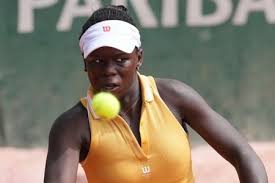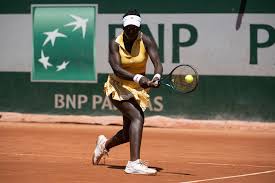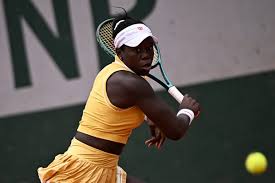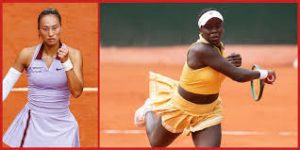Victoria Mboko: The Canadian tennis talent who can’t stop winning arrives at a Grand SlamVictoria Mboko: The Canadian tennis talent who can’t stop winning arrives at a Grand Slam
Victoria Mboko: The Canadian tennis talent who can’t stop winning arrives at a Grand Slam
The Athletic has live coverage of the 2025 French Open.
ROLAND-GARROS, PARIS — Ripping a backhand past a former Wimbledon quarterfinalist to clinch a first Grand Slam win on the opening day of the French Open is a pretty good way to make tennis fans stand up and take notice.
Or maybe Victoria Mboko, the 18-year-old, American-born, Canadian-raised daughter of Congolese parents, has been announcing herself for months now. Maybe folks just weren’t listening closely enough.

Everyone is now.
As her Roland-Garros debut approached, Mboko played the same brain game she has been playing through a startling climb up the tennis biosphere.
She tells herself that what is happening isn’t actually happening.
“Kind of just play it down,” she said during an interview after her 6-1, 7-6(4) win over Lulu Sun of New Zealand Sunday afternoon.







